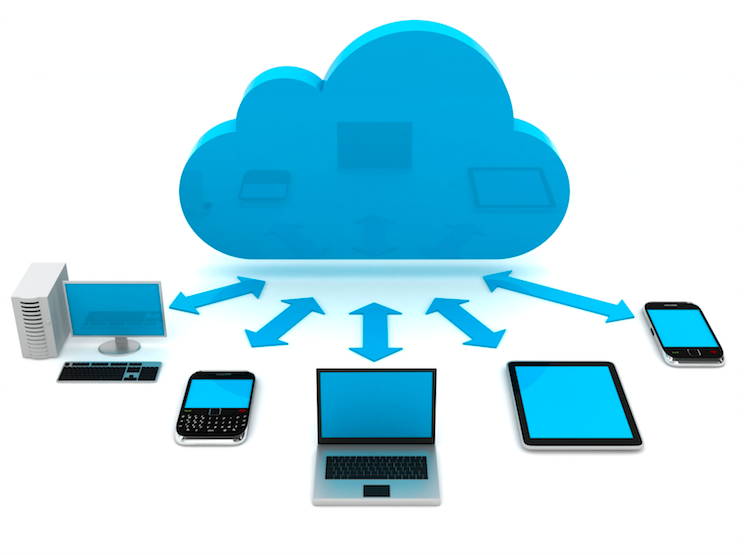Cloud Computing: Pros and Cons
A cloud: a visible mass of condensed water vapour floating in the atmosphere. That was in the 20th century.
Today, a cloud is a large group of remote servers networked to allow centralised data storage and online access to computer services or resources. Operating Systems based on internal hard disks, like Windows or Mac OS, are gradually being replaced by an OS-based cloud, especially on tablets and laptops.
Euronews spoke to high-tech analyst Gianfranco Giardina:
Gianfranco Giardina:
“This is a what’s known as a Chromebook. It looks like an ordinary notebook, where you would expect to find Windows. But its operating system has nothing to do with Windows, even though it’s done in a similar way. The big difference is that it is based almost entirely on its relationship with the cloud, with the Internet. It’s only equipped with a small amount of internal storage to save files temporarily, when you’re not connected for example, but almost everything is done in the browser when you are connected to the network.
“This kind of device follows a change in trend that we have witnessed in recent years. Until recently, our computers were filled with programs, one for each use: for writing texts, for photos etc. Now, more and more users tend only to have the operating system and the Internet with a Web browser. This way, we can access a range of content and services, which are downloaded in real time from the network.”
Claudio Rocco, euronews:
“What are the advantages and drawbacks of this technology?”
Gianfranco Giardina:
“Let’s start with the drawbacks: the first is you need to change your way of working, you can’t load your old programs, for example those that are compatible with Windows or Mac OS. The reason is that the Operating System is different. The advantage is that you have a machine that is quite cheap, very simple and that doesn’t require a large storage capacity. It allows you to do the vast majority, if not all, of what the average user needs to do.
“In the future, you will be constantly connected, wherever you are. Broadband is more and more widespread, albeit a bit patchy across Europe. Free and public hot-spots are spreading, and should continue to do so, allowing better Internet connection. So nowadays, with services increasingly being stored in the cloud, you’ll be using your PC simply as a connected object.”
The major issue is security. Hacking is a risk, of course. But on the other hand, the advantage is that your data is not physically on your computer: if you lose it, if it is stolen, or if your hard disk breaks down, you can start working again immediately on another computer.
To view the full article, click here.

